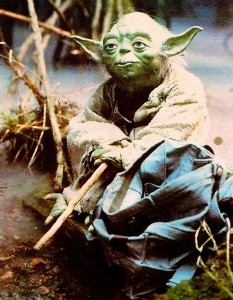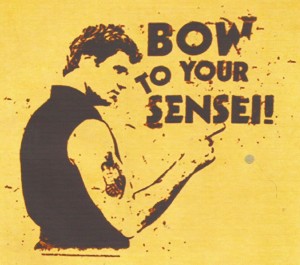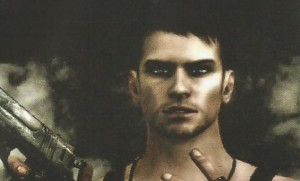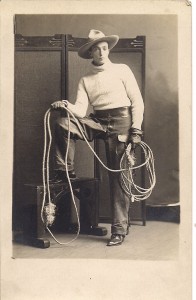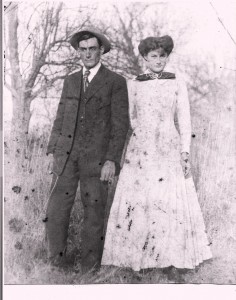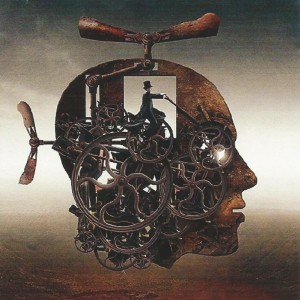Different takes on the Hero’s Tale; it seems the Eastern tradition begins with the young hero’s apprenticeship to some sort of fight Master, the Sensei — the Sensei’s wisdom, skills, the young apprentice’s bumbling, discoveries of self under discipline—etc.
In the West the stories concentrate more on the Band Of Brothers theme. Both are probably tens of thousands of years old. Band of Brothers, from Ulysses to Saving Private Ryan.
There are always exceptions but in general I am talking.
The Eastern tradition is in full flower on YouTube. So many young filmmakers or would-be filmmakers doing action shorts wherein fighters fling themselves at one another in the best Shinobi tradition and many of them have to do with the apprentice/master plot. Variations are endless. The apprentice who is talented, the one who appears to be a bumbler, the young man from a humble background, the apprentice who wants to use his skills for evil ends; a harsh master, a silent one; the variations are without number. There always seems to be the required scene of reverence for the Sensei, obedience to some strange requirement or task that turns out later to make sense.
In this Eastern aspect tradition is vital; the Shinobi Sensei has of course at one time been an apprentice himself, learning from a master, who learned from a master…going back centuries, perhaps millennia. Using the Band Of Brothers construction, the band of young warriors seem always to have sprung up w/o antecedents. The Band Of Brothers theme has a lot of energy to it.
In the Eastern take, deep respect for tradition. The Brothers in the Band, on the other hand, are irreverent and out to break rules. Much of the plot of the Young Apprentice revolves around a harsh master who seems to impose arbitrary and impossible tasks; young apprentice obediently takes them on, much hilarity ensues, finally triumphs.
The Shinobi Sensei also uses surprising methods to teach the young apprentice. Much depends on the Sensei’s ability to understand his students, to pay keen attention to their skills, failings, etc. In other words in the Eastern tradition a Good Parent we have, although often disguised as a martinet.
So in the Eastern tradition these tales have a two-part plot; apprenticeship, harsh master, then out into the world to involve oneself in revenge dramas or the destruction of thuggish persons etc. The Western tradition is far more individualistic. Both are interesting.

